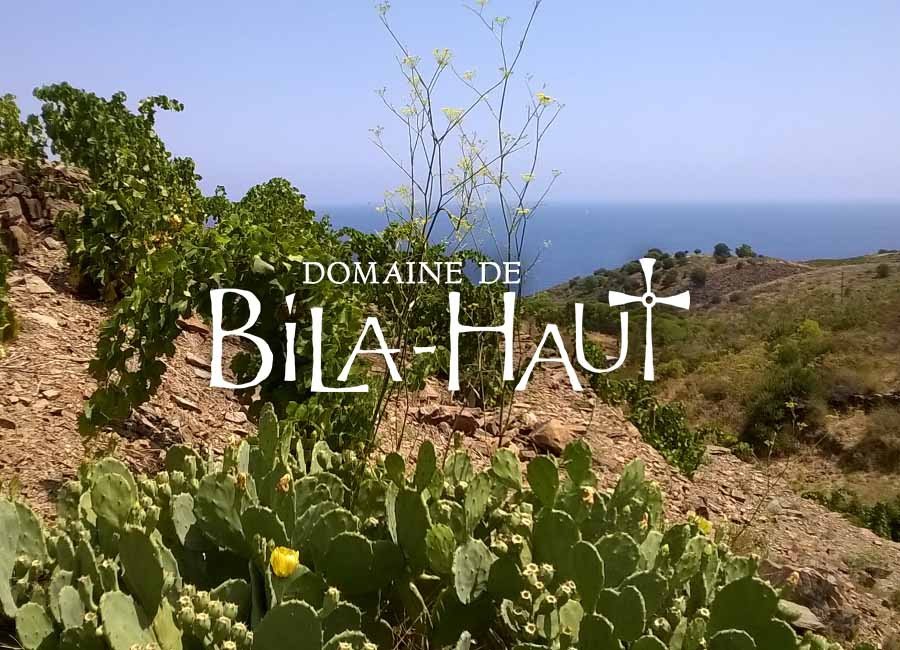Domaine de Bila-Haut: Michel Chapoutier’s Tribute to Roussillon’s Terroir & Winemaking Legacy
Michel Chapoutier is not just a winemaker; he’s a visionary — a custodian of tradition who approaches viticulture with both reverence for history and a fearless commitment to innovation. While his family name has been synonymous with the Rhône Valley for generations, Chapoutier’s ambitious spirit led him beyond these familiar borders to the rugged, windswept terrain of Roussillon. Here, in the foothills of the Pyrenees, he found a region rich with potential and steeped in ancient winemaking traditions. His Domaine de Bila-Haut stands as a testament to both the past and future of Roussillon, embodying Chapoutier’s relentless pursuit of authenticity, sustainability, and expression of terroir.
The Unspoken History of Côtes du Roussillon
The Côtes du Roussillon is a region layered with history. Vineyards have sprawled across its sun-drenched hillsides since Roman times, shaped by diverse cultural influences from the Catalans to the Moors. The region’s mosaic of schist, gneiss, and granite soils, combined with the Tramontane winds and Mediterranean sun, creates a unique environment where old vines thrive. Yet, despite its potential, Roussillon was long overshadowed by more famous appellations. That is, until vintners like Michel Chapoutier recognized the hidden treasures within its rugged landscapes.
When Chapoutier arrived in the late 1990s, he saw more than just vineyards; he saw a sleeping giant — a region whose old vines and dramatic terroir were capable of producing wines with depth, complexity, and soul. With Bila-Haut, Chapoutier didn’t aim to impose a new vision but rather to awaken the voice of the land itself.
Biodynamics: More Than a Philosophy
Chapoutier’s dedication to biodynamic farming isn’t just a marketing badge; it’s a fundamental part of his ethos. Since the early 1990s, he has been a pioneer of biodynamic viticulture in France, believing that true terroir expression comes from nurturing — not controlling — nature. Biodynamics, rooted in the principles of Rudolf Steiner, emphasizes the vineyard as a self-sustaining ecosystem, using natural preparations, lunar cycles, and holistic practices to maintain balance.
At Bila-Haut, this approach is palpable. The vineyards are cultivated without synthetic chemicals, relying on composts, herbal teas, and meticulous attention to soil health. This isn’t just about environmental stewardship — it’s about flavor. Chapoutier believes that biodynamic farming allows the vines to dig deeper into the soil, extracting the purest expressions of minerality and terroir. The result? Wines like Occultum Lapidem and L’Esquerda, which hum with energy, revealing the wild herbs, dark fruits, and mineral backbone that define Roussillon.
Bila-Haut: A Dialogue Between Man and Nature
Domaine de Bila-Haut is more than just a vineyard; it’s a dialogue — a conversation between the ancient Pyrenean soils, the Mediterranean climate, and Chapoutier’s thoughtful, hands-off approach. The wines crafted here are unapologetically reflective of their origins.
• Côtes du Roussillon Villages Rouge is a masterclass in balance, with Syrah, Grenache, and Carignan weaving together black fruit, spice, and a whisper of garrigue — the wild, herbaceous brush that dots the landscape.
• Côtes du Roussillon Blanc, often overlooked, showcases the brilliance of white varieties like Grenache Blanc, Grenache Gris, and Macabeu. Its bright acidity and saline minerality make it a hidden gem in Chapoutier’s portfolio.
• Occultum Lapidem, meaning “hidden stone,” is a name that speaks to both the literal rocky soils and the metaphorical treasures unearthed from this region. It’s a wine of power and elegance, revealing layers of dark cherry, black olive, and smoky minerality.
• L’Esquerda, sourced from higher-altitude vineyards, offers a cooler, more restrained profile, with taut acidity, fresh red fruit, and a distinct graphite edge — proof of Chapoutier’s belief that altitude and soil can be as expressive as grape variety.
A Legacy Rooted in the Future
Michel Chapoutier’s influence stretches beyond his vineyards. His commitment to biodynamic principles has inspired a new generation of winemakers to reconsider their relationship with the land. Yet, for all his success, Chapoutier remains humble — a winemaker who listens as much as he speaks, allowing the vineyard to guide him.
In Roussillon, he has not only crafted exceptional wines but also resurrected a region’s pride in its ancient winemaking heritage. Bila-Haut isn’t just a domain; it’s a living archive of Roussillon’s past, present, and future.
As Chapoutier himself often says, “The winemaker is just a translator of the soil.” In the windswept hills of Roussillon, his translation is nothing short of poetry.

